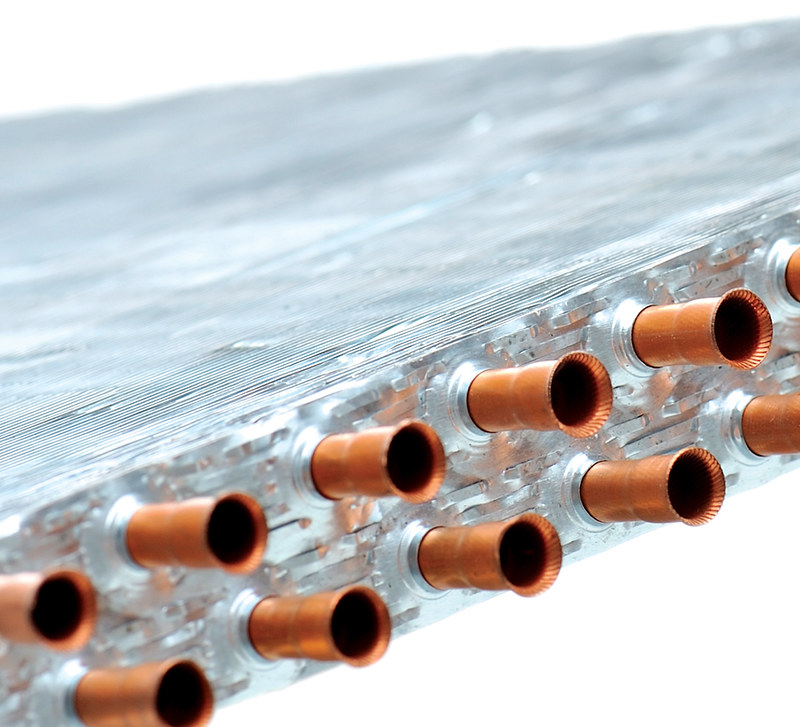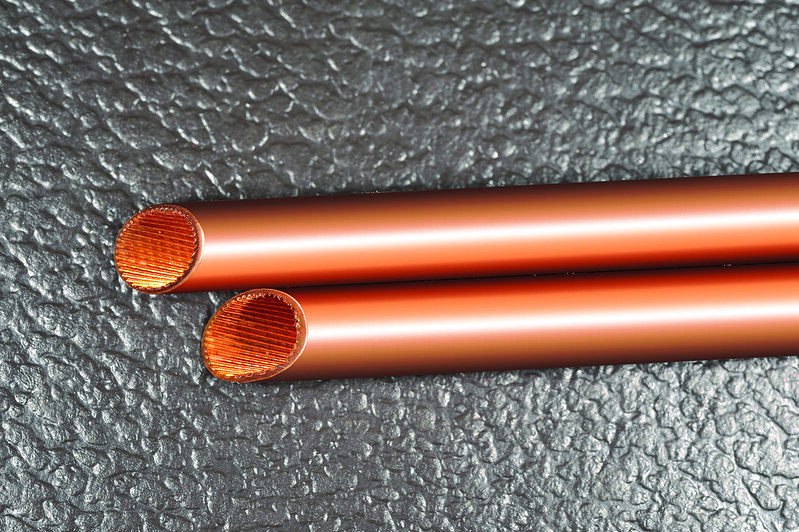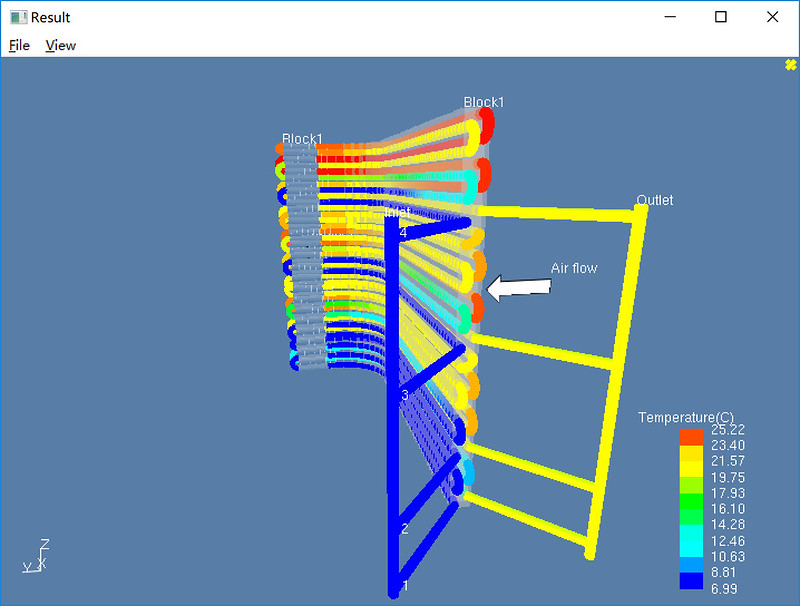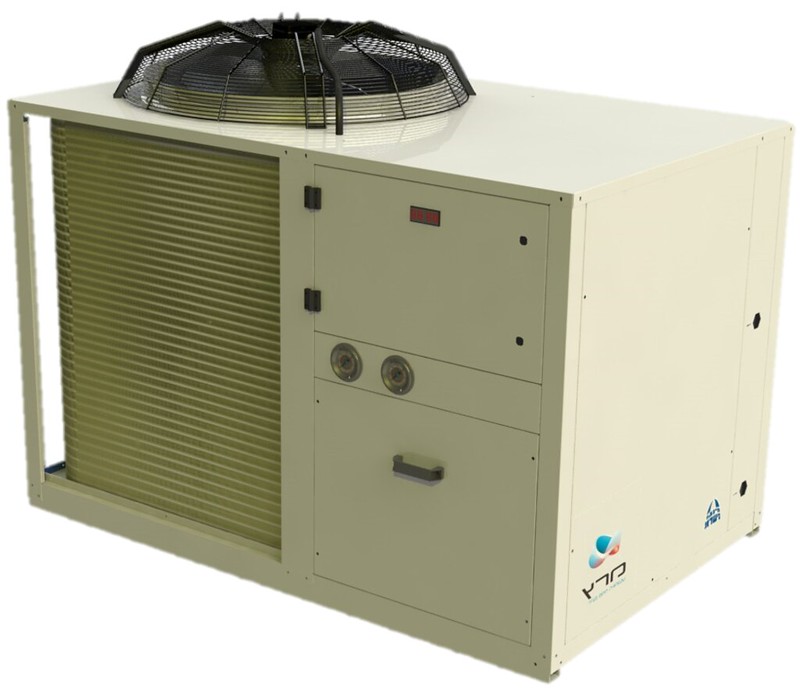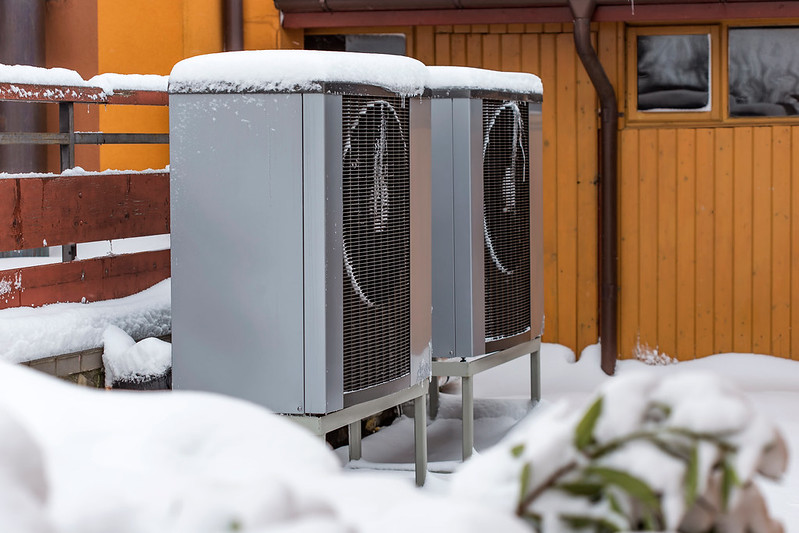Copper is strong, durable and corrosion resistant as well as recyclable. These features coupled with the higher efficiency of small diameter tubes make copper the preferred choice for heating and cooling applications.
Small-diameter copper tubes are being developed at an accelerated pace to assist in the attainment of sustainability goals for heating and cooling. Copper is an essential component of sustainable technologies. It plays a key role in decarbonization and electrification.
A key advantage of small diameter copper tubes is that they allow high heat transfer capacity in a compact space, resulting in less material usage and higher system-wide energy efficiency for appliances and equipment. Higher system efficiencies for air-conditioners and refrigeration equipment contribute to decarbonization since less energy is necessary for the same performance results. These features make copper a resilient and sustainable choice for heating and cooling applications.
Organized below are various resources highlighting the benefits of using copper within HVAC/R systems.
Tubes and Coils
- Learn more about inner grooves in Copper Tube Specifications
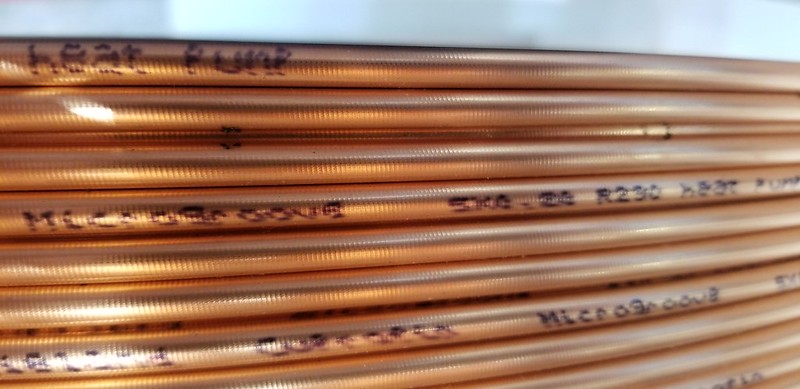
Copper Tube Specifications
- Tube Wall Thickness
- High-Strength Alloy for R744
- Specifying Inner Grooves
- Packaging, Cleanliness and Precision

